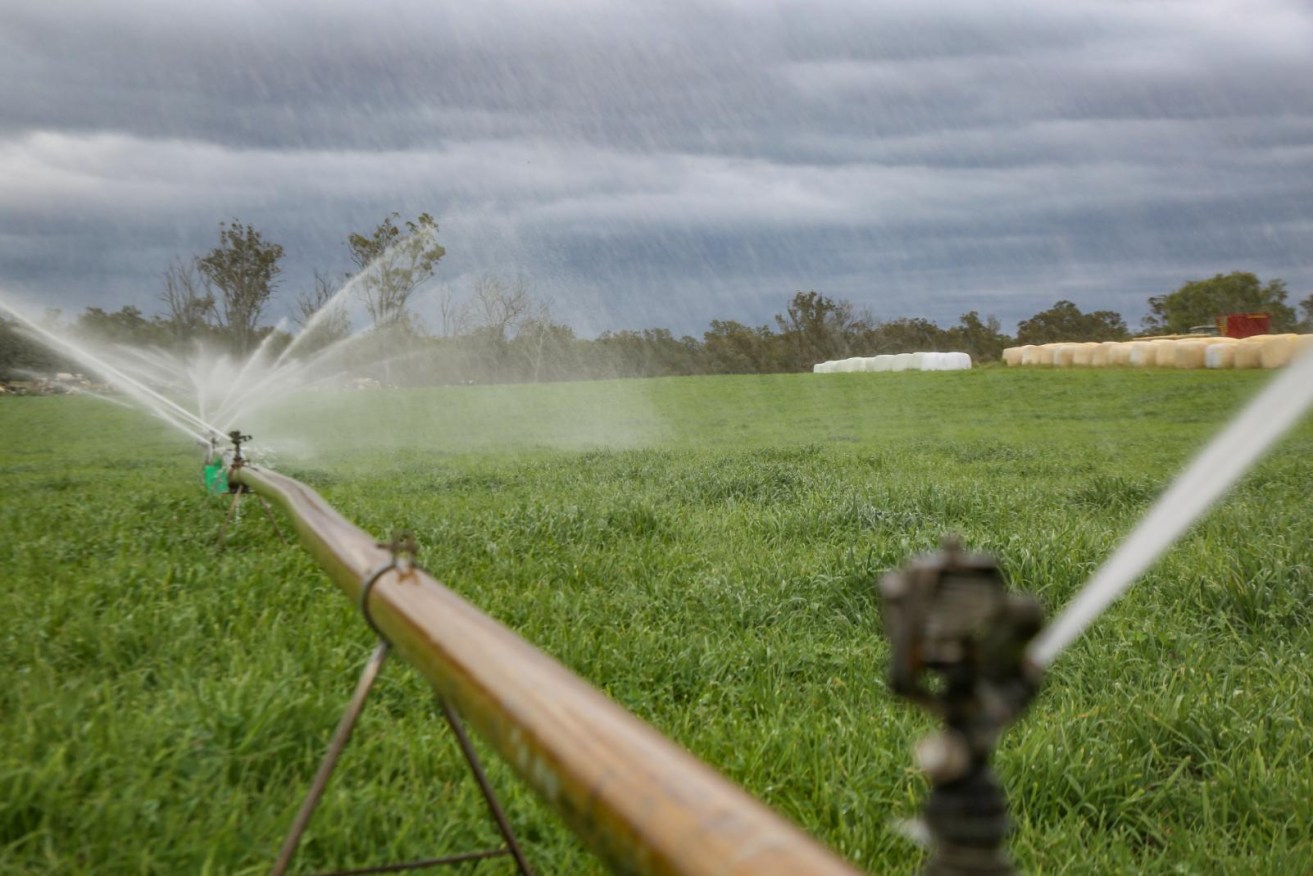Recycled water back in the pipeline in new push for Wivenhoe water grid
The Lockyer Valley region, regarded as Australia’s “salad bowl”, plans to supercharge its agricultural and horticultural industries by resurrecting the state’s mothballed recycled water plant and using a 300km network of pipelines connected to south-east Queensland’s existing water grid.


However, the project relies on the recommissioning of the mothballed Western Corridor Recycled Water Scheme, which was built to supply the Wivenhoe with purified recycled water to boost urban supplies. The project found substantial opposition over community concerns about mixing recycled sewerage water with the area’s primary water storage.
The project’s proponents are pushing ahead with plans to soon start pre-construction works for the scheme.
And the region is this week creating a new business entity to take the ambitious plan forward and start formal negotiations with water authority Seqwater to source up to 34,000 megalitres from the Wivenhoe Dam.
Built at a cost of $2.5 billion nearly 15 years ago, the scheme has never reached full capacity and has only intermittently fed its product to nearby power stations.
Seqwater took preliminary steps to restart the scheme late last year due to depleted dam levels but recent rains have eased the urgency of recommissioning the plant, which will require two years’ lead time to become fully operational.
However, that has not stopped Lockyer Valley Regional Council and neighbouring Somerset Regional Council from pursuing their pipeline project, which they say has the potential to create another 2000 agricultural jobs and boost agricultural production by $210 million a year.
The Lockyer Valley has the most diverse range of commercially grown fruit and vegetables in Australia but repeated and prolonged droughts have left the region overly reliant on groundwater. The pipeline scheme would link the Wivenhoe with existing irrigation dams in the valley and provide more security of supply.
The federal and state governments are examining a business case outlining costs and benefits of the scheme, with sources close to the project saying water agencies are working well with the scheme’s proponents.
The scheme, championed by former Bligh government water minister Stephen Robertson, includes 10 pump stations and up to 10 megawatts of solar energy, which would help lower the ongoing operational costs of pumping water.
Former Brisbane Lord Mayor Graham Quirk has been appointed to replace Robertson as the new chair of the Lockyer and Somerset Water Collaborative.
Quirk said he was thrilled to be advocating for the region’s water security and would continue with the momentum outgoing chair Stephen Robertson had fought hard to get moving.
“I’m very excited to be joining the team at such a crucial time and am confident Stephen’s dedication to the role over the past two and a half years has the project well positioned for success,” Quirk said.
“The Water for the Lockyer project is a visionary initiative that will secure the farming future of the nation and I hope to play a key role in sealing the deal.”
Robertson was a driving force in delivering the Detailed Business Case to the State Government. He noted on his departure it was becoming increasingly difficult to commit the time needed to complete the project.
The business case calls for the Federal Government to contribute half the cost of the $200 million project, with the State Government and irrigators contributing the remainder.
Somerset Regional Council met his week to formally endorse Quirk’s appointment and the creation of a new water management entity to take the project forward.












